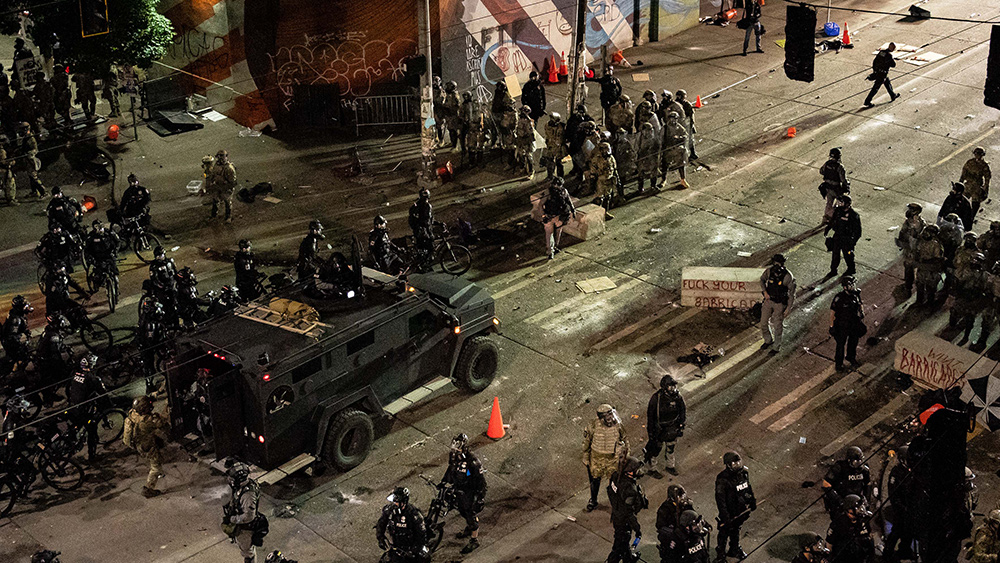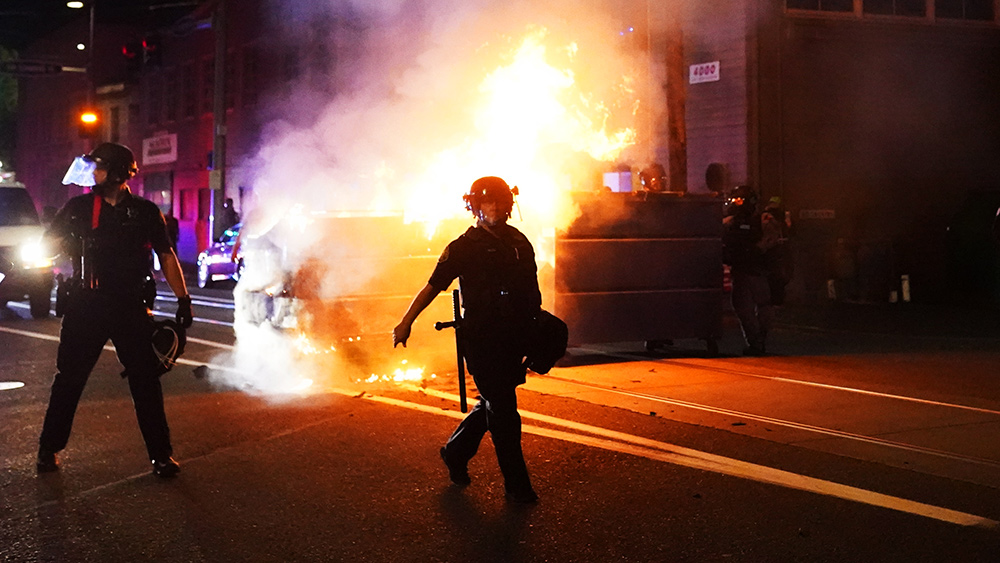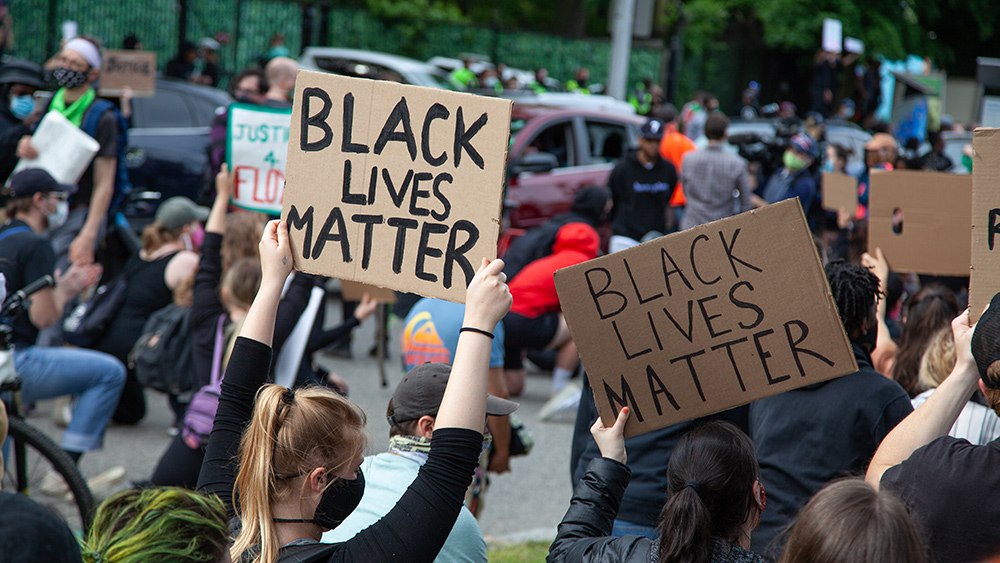FBI’s safe deposit box searches and seizures violated owners’ Fourth Amendment rights, appeals court rules
01/31/2024 / By Cassie B.

A federal appeals court has ruled that the FBI overstepped its authority when it tasked agents with searching through hundreds of safe deposit boxes and seizing their content without a warrant in California in 2021.
The incident involved a Beverly Hills safe deposit box company known as U.S. Private Vaults, who offered the boxes for rent to clients who value privacy and anonymity. While some may argue this attracted parties involved in illegal activities such as drug dealing, it also drew in customers who do not trust banks and wanted an alternative place to keep their most valuable possessions and documents.
Agents raided the business, believing that criminals were using it. Although their search warrants stated they could only open up the safe deposit boxes to take stock of their content and identify who owned them so they could return their property, the FBI instead went in with the intent to seize cash and brought drug-sniffing dogs with them for good measure.
In total, they went through around 700 safe deposit boxes, seizing tens of millions of dollars in cash along with personal effects, jewelry and documents like prenuptial agreements and wills.
The victims filed litigation arguing that the search “flagrantly” violated their rights under the Fourth Amendment against unreasonable searches and seizures. Although a trial judge ruled against them, the 9th U.S. Circuit Court of Appeals reversed the decision in a unanimous ruling. The court maintained that the FBI had exceeded the bounds of the warrant they had obtained ahead of the raid as it never authorized “criminal search or seizure” of the content of the boxes.
Specifically, the warrant application filed by the FBI did not disclose their plans to open each box, preserve fingerprint evidence and use drug dogs to sniff all the cash they found.
The 9th Circuit released an opinion stating that it was “particularly troubling” that the FBI didn’t explain why its arguments “would not open the door to the kinds of ‘writs of assistance’ the British authorities used prior to the Founding to conduct limitless searches of an individual’s personal belongings.”
It went on to point out: “It was those very abuses of power, after all, that led to adoption of the Fourth Amendment in the first place.”
The 9th Circuit also ordered that the FBI must destroy all of its records surrounding the search, including copies it kept of the search in its evidence database.
Plaintiffs, lawyers applaud court for upholding Fourth Amendment
The lead plaintiffs in the case were Jennifer and Paul Snitko, an entertainment attorney and aeronautics engineer who used their box to store important legal documents, along with sentimental items and family heirlooms, following fires that caused them to evacuate their home without much warning.
Jennifer told the Los Angeles Times that the ruling was a “good day,” adding: “Not just for us, but for all Americans — to say you have a right to privacy, your 4th Amendment right does exist. It’s a constitutional right for you to be able to keep your things privately and not have them raided without a proper warrant.”
Institute for Justice attorney Rob Johnson, who represented the plaintiffs, applauded the decision, saying: “If this had come out the other way, the government could have exported this raid as a model across the country. Now, the government is on notice its actions violated the Fourth Amendment.”
The decision could also help other owners of safety deposit boxes who have had property seized by the FBI and who have cases pending in which they are pursuing the return of their property.
Sources for this article include:
Submit a correction >>
Tagged Under:
anti-police, big government, civil rights, conspiracy, corruption, FBI, Fourth Amendment, freedom, insanity, justice, liberty, outrage, police state, privacy watch, progress, safe deposit box, seizure, traitors, treason, tyranny
This article may contain statements that reflect the opinion of the author
RECENT NEWS & ARTICLES
COPYRIGHT © 2020 antipolice.news
All content posted on this site is protected under Free Speech. antipolice.news is not responsible for content written by contributing authors. The information on this site is provided for educational and entertainment purposes only. It is not intended as a substitute for professional advice of any kind. antipolice.news assumes no responsibility for the use or misuse of this material. All trademarks, registered trademarks and service marks mentioned on this site are the property of their respective owners.




















